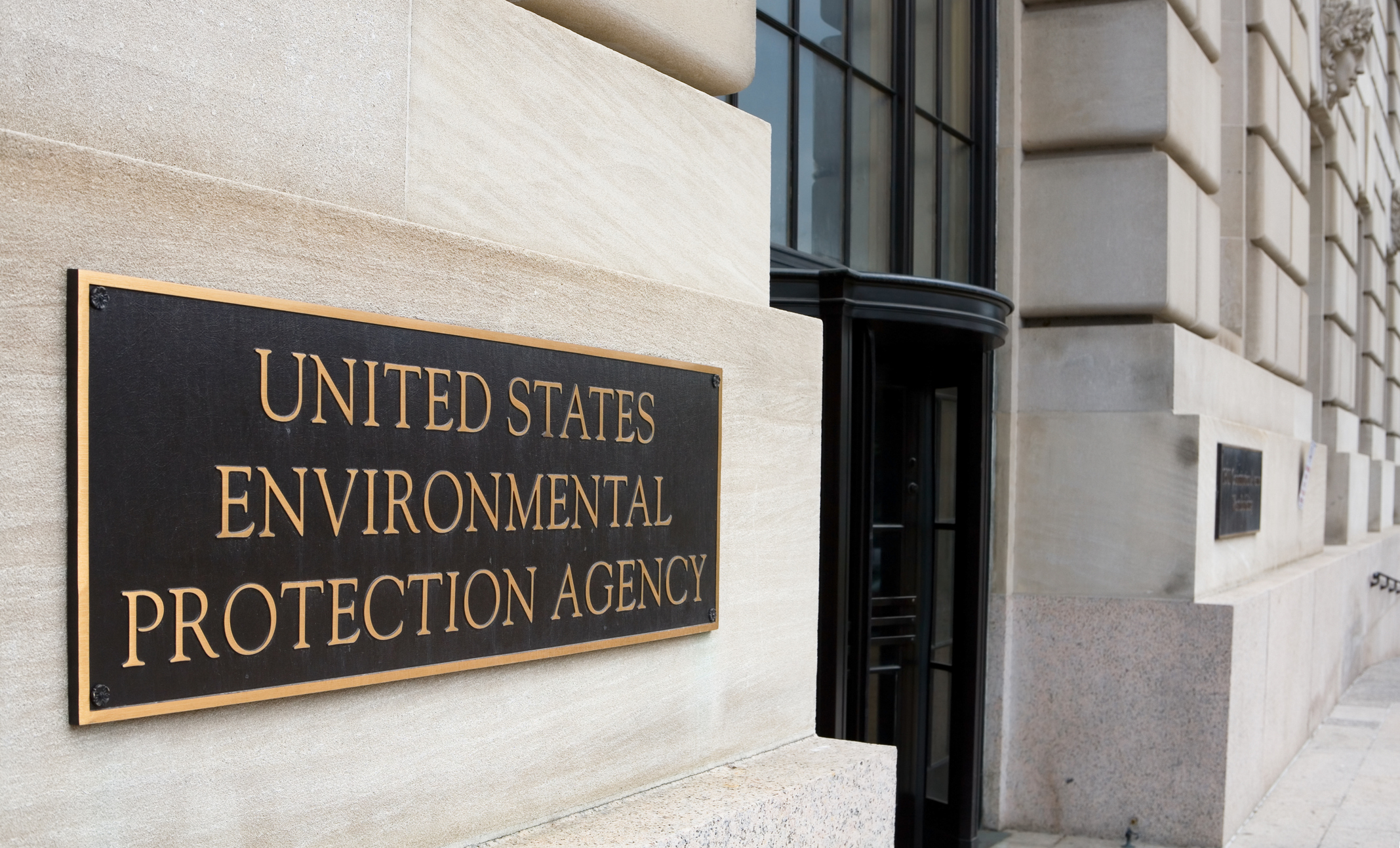COVID-19 Response: Environmental Compliance Worries in the Time of Coronavirus

Washington, D.C. (March 18, 2020) - Earlier this week, a rumor made the rounds that a forthcoming Presidential Executive Order would impose a nationwide mandate that all employees work remotely. While the rumor proved baseless, it raised questions about manufacturers’ abilities to comply with environmental permit obligations in the event of a COVID-19 precipitated operational shutdown due to federal or state mandates or workforce depletion resulting from widespread illness. Previous emergencies offer some insights on what to expect as companies and their counsel assess environmental business risk.
In the wake of Hurricane Katrina, several bills were introduced in Congress that would have allowed the Environmental Protection Agency (EPA) to waive or modify requirements, issue emergency permits, or expedite permits as needed to respond to disaster and recovery needs. In the end, no new legislation was enacted, because existing emergency powers under environmental statutes proved sufficient to allow for waiver of regulatory requirements or exercise of enforcement discretion. Key provisions include the following:
- The Clean Water Act’s (CWA) affirmative defense for “upset” conditions. This provision excuses non-compliance with technology-based permit effluent limitations due to factors outside the permittee’s control. Criteria for establishing the defense include: 1) the upset occurred and the permittee can identify the cause, 2) the permitted facility was at the time being properly operated, 3) the permittee submitted notice of the upset (24 hour notice), and 4) the permittee complied with any remedial measures required under 40 C.F.R. §122.41(d).
- The exception under CWA Section 311(c) for authorized removal of discharges of oil and hazardous substances without a National Pollutant Discharge Elimination System (NPDES) permit where necessary to prevent a substantial threat to public health or welfare.
- Emergency exemptions from procedural requirements in permits under CWA Section 404 regulating discharge of dredged and fill materials in waters of the U.S., including wetlands; these exemptions are under the jurisdiction of the U.S. Army Corps of Engineers.
- Superfund “imminent and substantial danger” authority, which allows EPA on-site coordinators to order emergency response actions, without requiring permits, where necessary to protect public health or welfare or the environment. Other Superfund language provides a defense to liability for cleanup costs if a potentially responsible party can prove, by a preponderance of the evidence, that the release and resulting damages were caused solely by an Act of God.
- Waivers of controls or prohibitions under the Clean Air Act regarding the use of a fuel or fuel additive, in the event of a natural disaster or Act of God, where the waiver is in the public interest.
- Enforcement discretion where justified as necessary and in the public interest.
- EPA and Department of Justice extension of compliance deadlines in consent decrees due to force majeure circumstances.
- Waiver authority under the Robert T. Stafford Disaster Relief and Emergency Assistance Act, which lifts certain requirements of the National Environmental Policy Act (NEPA) in the event of major disasters.
Our Environmental & Administrative Law attorneys are experienced in the full range of environmental laws and are prepared to assist clients with compliance and business risk issues related to the COVID-19 outbreak.
Lewis Brisbois has formed a COVID-19 Attorney Response Team to help your business with the myriad legal issues arising from the outbreak. Visit our COVID-19 Response Resource Center for additional alerts on this topic.
Authors:
Karen C. Bennett, Partner
Jane C. Luxton, Partner
Amanda L. Tharpe, Associate
William J. Walsh, Partner

